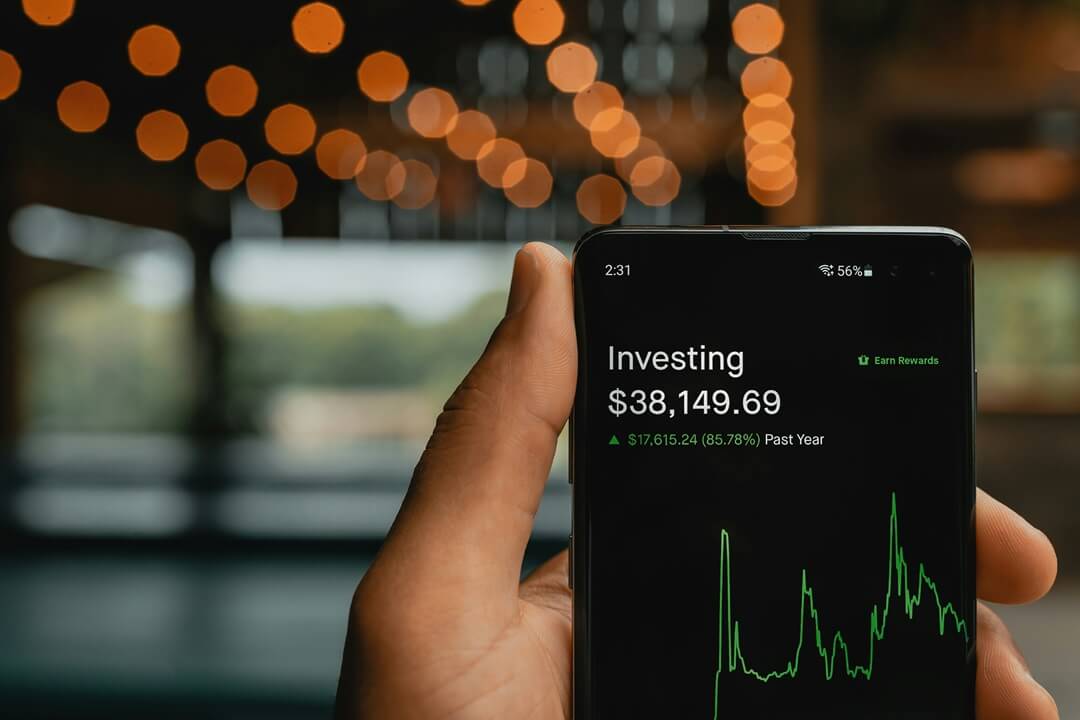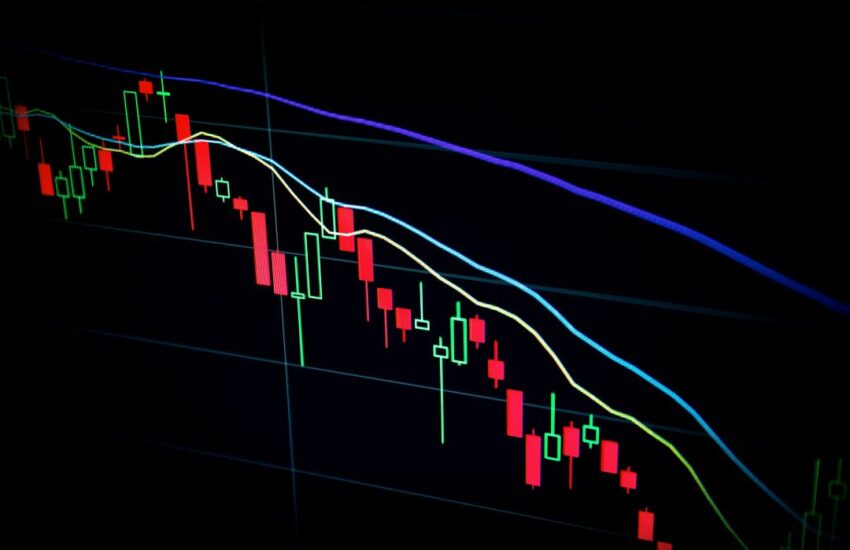All Investments Tools… No Excuse To Stay Poor Part 1
Investing is known to be a very effective way of increasing wealth and when it is done correctly it can prove to be very beneficial. But it comes with risk at the same time; it at least can keep pace with the inflation factor if flexible investing is pursued.
There are many types of investments that an individual can make, young or old, rich or poor, risk taker or non risk taker, employed or unemployed. However, such factors shall define which investment options are good for you.
Here are five of the best investments to put your money on, ranked with least amount of risk to the highest. It important to point out that the lower risk also means the lower returns.
5 best investments right now
1. High-yield savings accounts
Savings accounts and, increasingly, cash management accounts yield a higher interest rate than a basic bank savings/checking account. Cash management accounts are like a savings account-checking account hybrid: They may provide interest rates corresponding to those for ordinary saving accounts, however, they are usually issued by brokerage companies and can be accompanied by debit cards or checks.
Best for: Savings accounts should therefore be used for short-term goals or for money which may hardly be needed for often, for instance, an emergency fund or a vacation fund. Some institutions restrict the number of operations on a savings account to six in a month. Thus, there are additional possibilities for cash management, as well as roughly the same or sometimes even better interest rates.
If you have never saved and invested before, a general advice is to have a clear money emergency fund, about 3-6 months of living expenses, in an account such as this before directly investing in the products lower on the list.
Where to open a high-yield savings account:Where to open a high-yield savings account:
- A savings account: Transactions carried out with online banks usually attract better rates than what physical sub branches of the online bank can offer.
- Cash management account: Investment firms and robo advisors which is a cheap fully automated service. Digital wealth management firms including Betterment and SoFi provide reasonable interest for cash management accounts.
2. Certificates of deposit
A certificate of deposit (CD) is a type of savings account backed by the federal deposit insurance that has a fixed interest rate for a stipulated period of time.
Best for: A CD is for the money you are sure you will require at a certain date, for example, a house down payment, or a wedding. Maturity periods are expressed in one, three, and five years and if you’re looking for a safer and less risky way to grow your money for a particular purpose within a given time frame, CDs could do so. In addition, one should also remember that for early withdrawal, you would have to go through a certain fee for you to access your money. However, one important dictum applicable to CDs as it is to other investments is not to invest in a CD if you may need the money soon.
Where to buy CDs: CDs are bought and sold by term of years and the best rates are obtained from online banks and credit unions.
3. Bonds
Securities, that give bond status to an investor, can provide quite a safe form of fixed income. While lower-risk bonds like government or corporate bonds pay lower rates as compared to the higher-risk bonds.
Government bonds
A government bond also known as an obligation is a loan that you offer to the government at the federal or municipal level in exchange for interest payments based on the credit over a specified time often ranging from one to 30 years. Thus, in essence of that constant flow of money, bonds have been categorized as fixed-income securities. These government bonds are almost free of risk since they are issued with the full faith and credit of the U.S., hence they are practically risk-free.
The drawbacks? And in return for that safety, you won’t as get as high of a return with government bonds compared to other forms of investment. If, for instance, your portfolio was purely in bonds and not in the stocks, you would find it much harder to achieve your retirement or any other long-term objectives. For more background on this, check out our guide on long-term investments.
Best for: Some are the relatively conservative investors who would wish to significantly reduce the fluctuations that come with stocks.
Bonds are fixed income and less risky as such, many investors especially those who are retiring or are already retired prefer bonds because they may not be able to afford a long period of investment so they circumvent risks that may affect their retirement funds.
Thus, bonds act as stabilizers to the stock in a portfolio; often, they rise when stocks fall allowing the skittish investor to stick to their investment strategy instead of panicking and selling.
Where to buy government bonds: Bonds can be purchased directly from the dealer or through a broker whose sources include the underwriting investment bank or the U. S. treasury, or bond mutual funds can be purchased, which are made of several bonds to reduce risks.
Corporate bonds
Corporate bonds function in the same way as government bonds except that instead of lending to a government, you are lending to a company. Such loans are not government-guaranteed and therefore are relatively higher risks. As for bonds, if those are high-yield bonds or, also referred to as junk bonds, these can often be much more risky, resembling the risk/reward of stocks rather than bonds.
Best for: Those who seek to own a debt instrument that offers them a higher return than the risk-free government bonds, though they are ready to bear a tad higher risk. It is relevant to say that while in corporate bonds the higher yield is connected with a higher probability of the company’s bankruptcy. On the other hand, national bonds with low-risk companies that have established themselves will have less yield. Thus, the reader has to identify the balance of risk and return that he/she wants to accept when participating in an investment.
Where to buy corporate bonds: Like government bonds there are funds in
Part 2 link: https://emoney2030.com/all-investments-tools-no-excuse-to-stay-poor/



